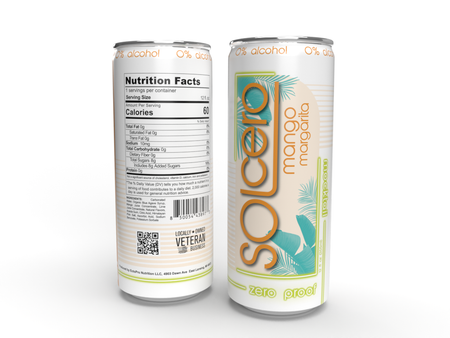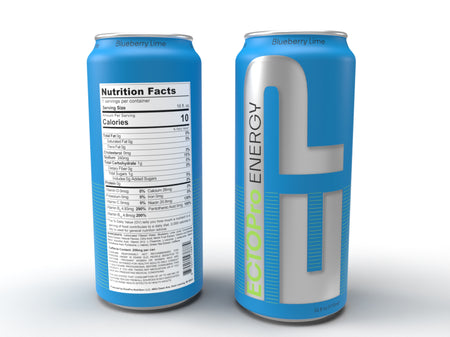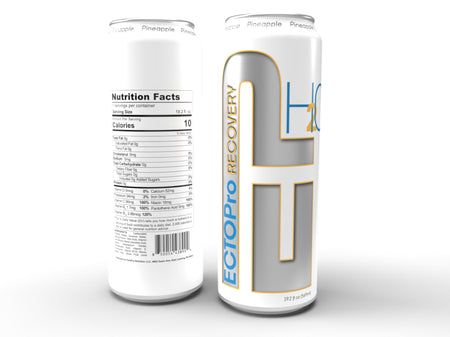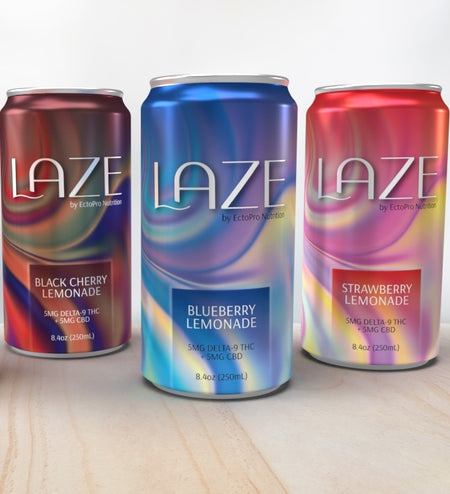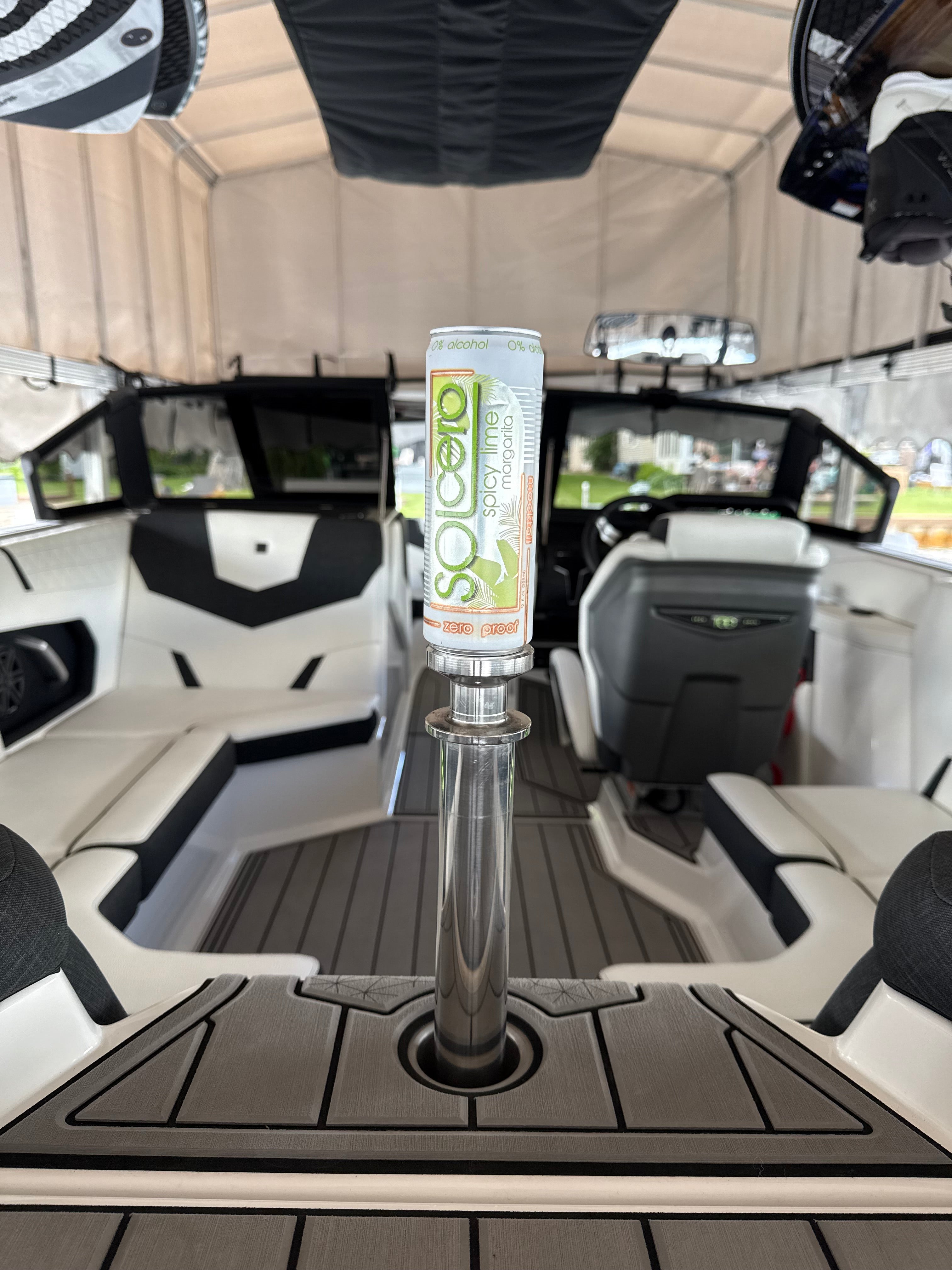In recent years, health-conscious trends have reshaped how we eat, exercise, and now—how we drink. Welcome to 2025, where mocktails, or non-alcoholic cocktails, are no longer a niche option relegated to “designated drivers.” They’ve become a full-fledged cultural movement, embraced by everyone from wellness enthusiasts to Michelin-starred mixologists.
The Rise of the Sober-Curious
One of the biggest drivers of the mocktail boom has been the global rise of the sober-curious movement. In 2025, more people than ever are choosing to cut back on alcohol for mental clarity, better sleep, and improved physical health. According to a recent report from the International Beverage Council, alcohol consumption per capita dropped 8% globally compared to 2020 levels, while sales of non-alcoholic beverages—especially premium mocktails—have surged.
Craftsmanship Without the Buzz
What sets 2025 apart is not just that people are drinking less alcohol—it's how they’re doing it. Mocktails today are sophisticated, complex, and expertly crafted. Beverage menus at top bars and restaurants now routinely include alcohol-free pairings and elaborate zero-proof options made with ingredients like botanical distillates, cold-brewed teas, fermented herbs, and house-made syrups.
Celebrity chefs and star bartenders are also getting into the game. In cities like London, Tokyo, and New York, mocktail-only bars have opened with waiting lists rivaling exclusive speakeasies.
Tech Meets Taste
Technology is playing a surprising role in the mocktail revolution. New companies are using molecular gastronomy and AI-powered flavor mapping to replicate the sensory depth of alcoholic drinks—without the alcohol. Startups like ElixIQ and SolCero by EctoPro Nutrition. have introduced zero-proof spirits that mimic the mouthfeel and complexity of margaritas, whiskey, gin, and amaro, minus the hangover.
There’s also a growing segment of “functional mocktails” that include adaptogens, nootropics, and CBD—catering to those who want to relax or boost focus without relying on alcohol.
Generational Shifts and Social Media
Gen Z and younger Millennials have been key to driving the mocktail trend forward. Raised in a wellness-first era, these generations value mental health, social inclusivity, and personal choice. Platforms like TikTok and Instagram have helped mocktails go viral with visually stunning creations and DIY tutorials.
Brands have responded accordingly. Coca-Cola’s 2025 release of “Bar Botanica,” a line of herbaceous, low-sugar mixers designed for mocktails, has become a global hit. Meanwhile, Uber Eats reports a 40% increase in alcohol-free cocktail deliveries over the past 12 months.
The Bottom Line
The growth of mocktails in 2025 is more than a passing trend—it’s a reflection of deeper societal shifts. As priorities evolve and consumers look for ways to celebrate, socialize, and unwind without the downsides of alcohol, mocktails offer an exciting and inclusive solution.
With innovation continuing to push boundaries in flavor, health, and design, the future of drinking might just be alcohol-free—and that’s something everyone can raise a glass to.
